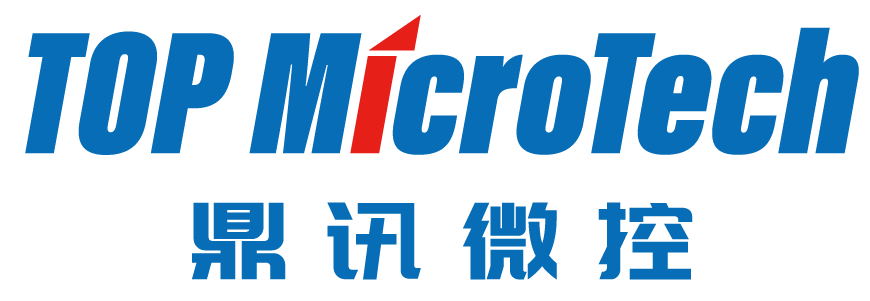Advancements in technology have profoundly changed the healthcare sector in recent years. The intersection of industrial computing solutions and smart healthcare is receiving particular attention. This article examines the impact of industrial computing solutions on patient care, operational efficiency, and innovation in the broad scope of the sector, while also considering the future of smart healthcare.
Intensive and efficient healthcare services have become indispensable in the contemporary world, giving rise to rapid changes in the healthcare sector. Edge computing, IoT, and AI are all examples of industrial computing solutions that aid in this transformation. Healthcare systems can now gather massive amounts of data, monitor them, analyze them, and make the data-informed decisions in near real-time.
One of the key benefits of industrial computing solutions for the healthcare sector is their ability to improve patient monitoring. Scanners and other wearable devices can now monitor vital signs and other healthcare metrics of patients continuously. Their health information is updated in real-time, giving healthcare professionals critical information on the patient’s health. This information permits appropriate action to be taken early, diminishing the chances of complications, and improving the patient's condition. With an increase in the need for healthcare services to be administered from a distance, the contribution of industrial computing to telemedicine and remote monitoring will be tremendous.
Additionally, industrial computing solutions improve the efficiency of the healthcare sector by performing repetitive clerical functions and streamlining the deployment of resources. For example, modern algorithms are capable of predicting the number of patients expected to be admitted within a specific period. Such forecasts enable hospitals to optimize their staffing and other resources. This operational efficiency translates into better quality of service as patients are assured minimal delay and prompt medical attention.
Besides enhancing all aspects of industrial computing applications in patient care as well as operational efficiency, other computing solutions make healthcare research and development proactive. Researchers are now able to analyze a great amount of data which helps them focus on new insights into disease occurrence, treatment, and even the patients themselves. New therapies and medical technologies are created much faster with this proactive approach, which results in improved healthcare for the patients.
Looking further ahead, the combination of industrial computing and healthcare will continue to evolve the sector. Newer developments in the healthcare industry such as artificial intelligence, machine learning, and big data will enable even more advanced developments in the smart healthcare solutions. Healthcare organizations that implement such technologies will better be able to manage the complexities of modern healthcare alongside the needs of patients.
In summary, the implementation of industrial computing solutions has refined the smart healthcare sector. The enhancement of patient monitoring, operational efficiency, and innovation all contribute to improved outcomes. All of these changes have redefined the healthcare industry. Moving forward, these changes must be continued to deliver patients with improved quality of care.


